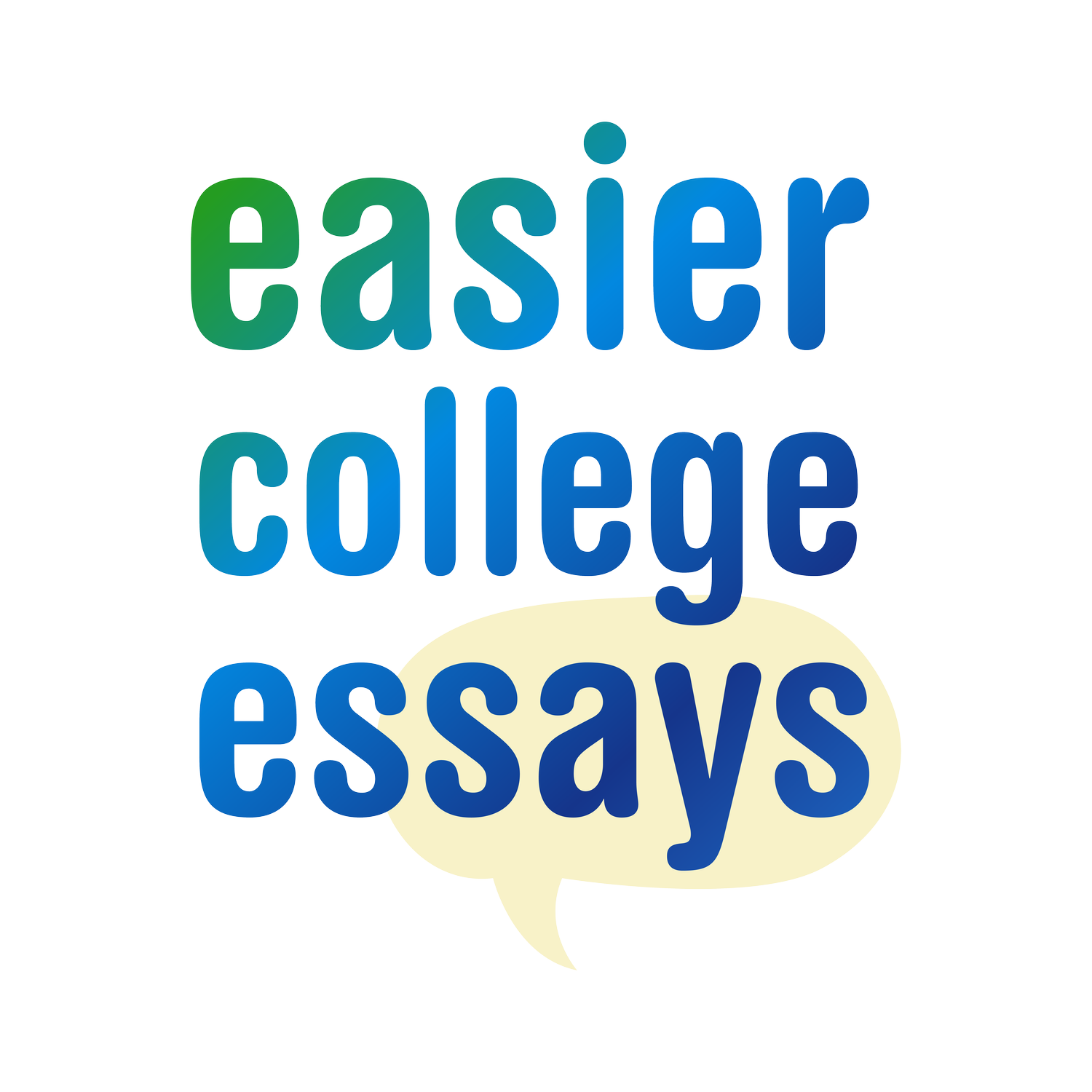Find Your Authentic Voice
High school English has done an awesome job teaching students what they need to know to pass state tests.
Our teachers are trained to give students formulaic structures to follow:
Thesis
Three supporting arguments
Conclusion
Our teens learn correct grammar, SAT-worthy vocab, and how to write formally.
They can present an argument, persuade their reader, and write in MLA or APA formats.
And they ace those state tests.
But..
That’s completely different than what Admissions Counselors and colleges are looking for.
And it’s not the student’s fault. They just haven’t been taught how to use their own voice or tell their deepest story…
Here are my 6 top tips on how seniors can write in their own voice (and, yes, they do have one buried under the layers of conditioning and “write this way” training):
1. Write the way you talk, not the way some stuffy, proper English teacher talks. Not with big, ACT-worthy words. You don’t need to pack your essay with college-level vocabulary to sound smart. Use words that you are completely comfortable with. Clearly communicating ideas is much more impressive than your idea of elevated language.
2. Your audience wants to connect to YOU. They want to hear YOU and feel YOU. Formal gobbledygook language pushes them away. And it’s usually boring and hard to relate to. So, take a deep breath and simply say whatever it is you want to say without trying to impress.
3. Be specific. Zoom in. Allow your readers to come close. Dish on the details. Stop trying to cover 100 miles of distance in your story. One city block is better. One home or room in it or a comfy window nook is best of all. Aim for quality over quantity.
4. Show them what they’d see if they were a friend sitting next to you — not the view of someone hanging out of a helicopter flying overhead. Reveal what thoughts they’d hear if they were a mind-reader. Your reader WANTS to know about the real you. These details satisfy their desire.
5. Your writing does not have to be 100% factual. It’s not going to be judged in a court of law. Yes, you should tell YOUR story. AND it’s okay if you don’t remember every detail exactly or if telling something in a slightly different way makes for a better story. The tale you tell is part of your voice and what makes your viewpoint special and unique.
6. Finally, if you have a sense of humor, let it show. Be quirky. Have an opinion. That might just be the most human thing you can do.
WHAT’S NEXT?
I’m so excited for you! Your writing is taking shape at new levels and you’re building momentum. You might even be starting to feel the reality of what better writing can do for you — applying with more confidence, sharing your thoughts more clearly, and learning to reveal your deepest story.
And if you’d like my eyes on your essay, the next cohort of Complete Your Essay in a Weekend is enrolling now.
Come join us! I’d love to support your senior to find and express their most authentic voice as they take your best essay from draft to DONE in under 48 hours.

